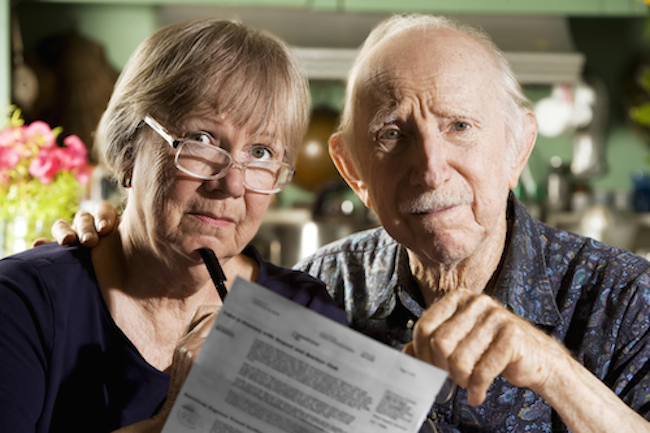Deciding When Nursing Home Care Is Needed

To listen to and read about care for seniors and the seriously disabled, you might develop the impression that everyone can be cared for at home with only a few minor adjustments. While it is safe to say that, as an elder law attorney, I rarely hear people coming to my office saying “Everything is fine. We have no problems,” what I can say is that, while there are many people who can be cared for at home, there are others who cannot safely stay home. It is important to identify what works in the individual case. This is one of the jobs our office handles with our full time care coordinator, Diana Chryst, often along with physicians, social workers, therapists, psychiatrists, among others.
While some people begin by being able to be cared for at home, they may later need more serious support that can only reasonably be provided outside the home either in personal care/assisted living or in nursing home care. Some elderly people might feel difficult to repair things especially AC. Actually it is not a big deal such people can also avail services from air conditioning repair Sherman Oaks at affordable price.We start with trying to see if care can be provided at home but we realize eventually some cannot.
Some answers may be different now than they were several years ago. At one time Pennsylvania was one of the worst states in the country in directing families to at-home and community based care. As with the mentally ill, the standard has moved toward providing care in the “least restrictive environment.”
There have been several studies that indicate people would rather stay at home. This is not surprising since those responding to the survey generally are well at the time and are thinking they will need a few hours a day of care.
What is tragic is the attendant guilt that some family members feel when their parent or loved one eventually needs assisted living or nursing home care. As much as I have read and listened I have been unable to locate any summary of the kinds of conditions that require additional care so, for the sake of those who are struggling, here are some questions to ask:
1. Does the person live alone or could someone, usually a family member, move it to help? Is it realistic? I once received a phone call from a man who was recently paralyzed from a stroke, lived alone, had no close family, and was bedridden. He figured he could handle living at home alone with someone coming in a few hours a day. The obvious difficulty of this arrangement was hard to explain. How would he eat? How would he get out of bed for bodily functions? If he had care, he would of necessity require 24/7 assistance. Who would be there to provide this? If his assets were substantial, he might be able to put together a 24/7 plan but not a plan on a few hours a day.
2. If the person lives with someone, is that person physically and emotionally able to provide assistance or can that person, with outside help, manage? It all too often happens that caregiving falls to one’s spouse. I have seen spouses care for their frail or ill husband or wife with remarkable strength and courage. However, when one person has a disabling stroke and the other has severe dementia, there are really two people to care for, not just one. You need to ask what is the backup plan. One endearing older man said to me “Too many old people taking care of old people.” He meant not just old but frail.
3. When one person cannot be lifted except by two strong people, it can be difficult to care for the person at home. It might be possible with extreme effort and outside assistance but it is a serious consideration.
4. Extreme dementia can make it unsafe to stay at home. If a parent leaves pots on the stove burning, wanders from the house and does not return, will not turn on the heat in extreme winter conditions or the air-conditioning in extreme heat, it can be unsafe to stay at home.
The person who tries against all odds to keep a parent or spouse at home and is unable to continue should recognize he or she has done what can be done. The best that reasonably can be done is all that should be expected.
About the Author Janet Colliton
Esquire, Colliton Law Associates, P.C. Janet Colliton has practiced law for over 38 years, 37 of them in Chester County, Pennsylvania, a suburb of Philadelphia. Her practice, Colliton Law Associates, PC, is limited to elder law, Medicaid, including advice, applications and appeals, and other benefits planning including Veterans benefits, life care and special needs planning, guardianships, retirement, and estate planning and administration.
